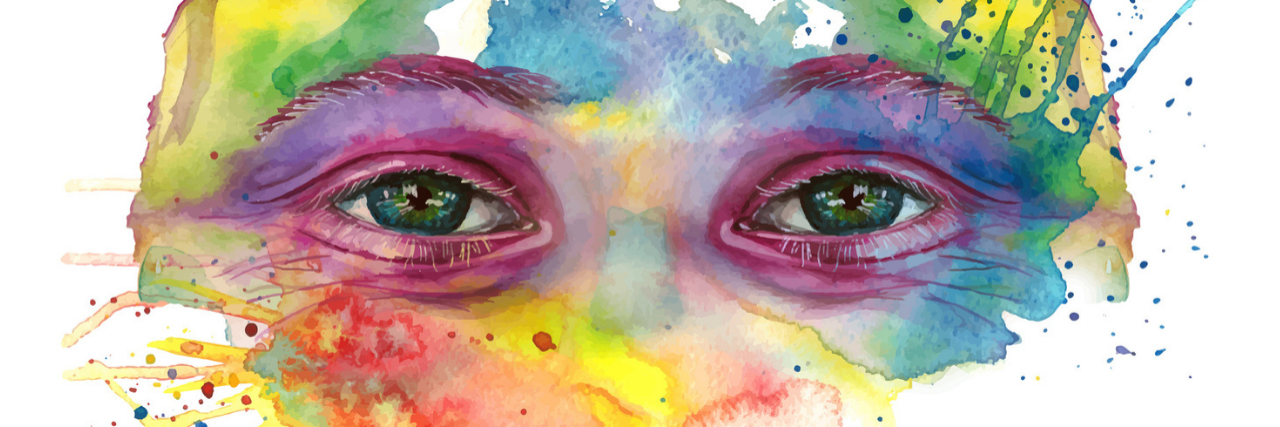Everyone who has been in pain for some length of time has probably asked themselves these questions: Why is this happening to me? What did I do wrong to deserve this?
Many of us struggle with feelings of guilt and shame for needing help, for not being able to fix ourselves, for probably asking too much of everyone around us, for causing people to feel bad for us, for needing financial assistance.
To add insult to injury (literally), there is a prevalent New Age attitude that says if you just visualize and think positively, you can change anything you don’t like into the way you want it to be almost instantly.
The secret to the perfect life is “in our heads.” If we’re poor or unfulfilled or in pain, we just need to “think differently.”
Just Think Positively…
Don’t get me wrong, I’m all for thinking positively. I practice it every day. It has made a huge difference in my life many, many times and still does. But the idea that people who can’t move out of pain have somehow failed as people has to go.
After years of working through all manner of New Age palliatives to change my beliefs, the way I speak, the way I think and how I perceive myself – resulting in very little perceptible change in my painful condition – I’m here to say that sometimes, when you’re in pain and you can’t get out, it’s not because you’re not thinking positively enough.
Some pain comes in and won’t leave. There may not be a tidy explanation, but it doesn’t mean we are off our center, or lacking in some fundamental way, or not good people, or not in alignment with God or the Universe, or haven’t prayed or fasted or meditated enough, or burnt off our karma yet.
Being in pain does not automatically put you at fault.
The fact that you don’t have an off switch for your pain does not mean you aren’t trying hard enough or that in some insidious way you must want to be in pain. It does not mean you have failed, or must have been a terrible person in a past life.
Asking Different Questions
Being in pain doesn’t prove anything negative about you at all. An estimated one in three Americans are in pain right this moment. That’s a lot of people.
So, the questions we might want to begin to ask about all this pain may be more about ourselves as a culture rather than ourselves as individuals.
Yes, we may want to ask ourselves, What can I do differently in my life to relieve this pain?, but we also may need to ask, How are we, as a people, creating so much unrelenting pain? Then the answers become less of a private struggle and more of a community effort toward greater harmony and balance at all levels of our lives.
And if this epidemic of pain is as much of a collective as a private experience, then maybe part of the solution is to understand that we are, somehow, all in this together.
That the healing needed may not be only along a solitary path, but something we need to address as a society. We have somehow created a culture where violence and alienation is the norm and, perhaps, our painful bodies go hand in hand with that. Isn’t it even remotely possible that some of us may be feeling this collective alienation as illness and pain in our bodies?
And This Helps Me How?
And you might well ask, how does speculating about this help me with my pain today?
For me, as much as I would not want to wish this experience of pain on anyone, it eases my mind to know that I’m not alone in it, that there seems to be something bigger at work here than my own private path through it, and that, while the answer may not be easy, it may also not be entirely up to me to figure it out all on my own.
And, right now, today, that is something of a comfort.
Getty Image by Marina Zaam

